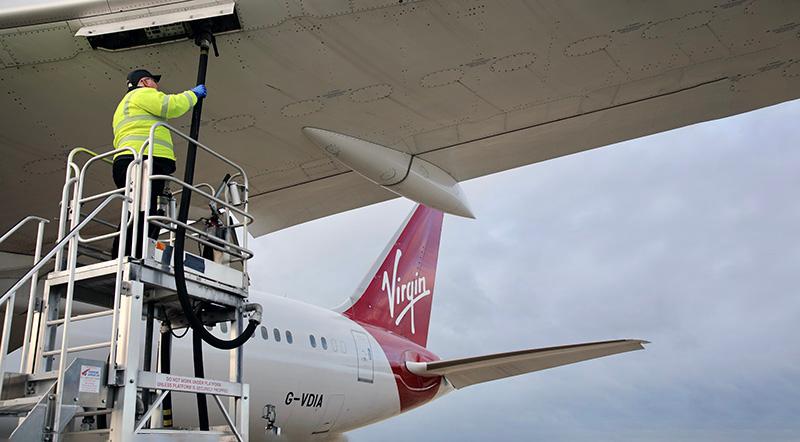IATA launches Sustainable Aviation Fuel (SAF) Registry in net-zero quest

To boost aviation’s decarbonisation goals
The International Air Transport Association (IATA) has launched the Sustainable Aviation Fuel (SAF) Registry, marking a major milestone in the aviation industry’s transition to net-zero emissions by 2050.
The Registry, managed by the Civil Aviation Decarbonization Organization (CADO), aims to foster a global market for Sustainable Aviation Fuel (SAF), offering a critical tool for the sector’s decarbonisation efforts.
IATA’s decision to release the SAF Registry to CADO is a significant step in the industry’s collective efforts to combat climate change. The Registry provides a platform for airlines, corporate customers, fuel producers, regulatory bodies, and other stakeholders to record and track their SAF transactions transparently and immutably. Doing so ensures that SAF purchases can be reliably claimed against climate-related obligations, helping to prevent double counting of emissions reductions.
Marie Owens Thomsen, IATA’s Senior Vice President of Sustainability and Chief Economist, emphasised the collaborative nature of the aviation industry’s decarbonisation efforts: “Aviation’s decarbonisation is a team effort.
“We have established a critical platform that benefits all stakeholders by releasing the SAF Registry to CADO for launch. It ensures that all airlines worldwide have access to SAF and that their SAF purchases can be claimed against any climate-related obligations in this domain.”
She stressed that while the Registry is a monumental advance, further progress will require increased policy support for renewable energy production, particularly SAF. “Governments must reallocate their direct support to fossil fuel producers in favour of renewable energy production. The precedent of the wind and solar energy markets is the example to follow,” she added.
How the SAF Registry works
The SAF Registry is designed to provide a standardised, transparent system for recording SAF transactions. This enables tracking SAF’s environmental benefits throughout the value chain, ensuring that airlines and corporate customers can claim emissions reductions from their SAF purchases.
As SAF production remains limited, especially in certain regions, the Registry connects airlines with suppliers worldwide, helping to address the challenge of SAF scarcity.
The Registry is also technology- and feedstock-neutral, promoting the growth of diverse SAF production streams worldwide. The system can accommodate different regulations by favouring global harmonisation while supporting open competition. Interoperability with other registries is another key feature, ensuring the smooth integration of SAF data across various platforms.
Developed in consultation with airlines, governments, original equipment manufacturers (OEMs), fuel producers, and corporate travel management companies, the SAF Registry is underpinned by IATA’s SAF Accounting and Reporting Methodology. This methodology provides a consistent approach to recording the environmental benefits of SAF purchases, regardless of location.
Free access until 2027
Participation in the SAF Registry will be free until April 2027, providing stakeholders with a no-cost opportunity to join the system. After this period, the Registry will operate on a cost-recovery basis. The move is expected to encourage the widespread adoption of SAF among airlines and other industry participants, accelerating the sector’s decarbonisation.
While the SAF Registry marks a critical step toward the aviation industry’s decarbonisation goals, experts agree that further action is needed. Increased investment in renewable energy production, alongside policy support, will be crucial to scaling up SAF production and achieving the sector’s net-zero emissions target by 2050. The SAF Registry represents a foundation for the global aviation community to build a more sustainable future.
In summary, the launch of the SAF Registry is a landmark development for the aviation industry. It provides a transparent, standardised system for recording and tracking SAF transactions.
With its potential to accelerate the global market for SAF, the Registry is poised to play a central role in helping the aviation sector reduce its carbon footprint and move toward a sustainable, net-zero future.
Image: In 2021, Heathrow became the first UK major airport to successfully integrate SAF into its fuel distribution operations. Credit: Heathrow













